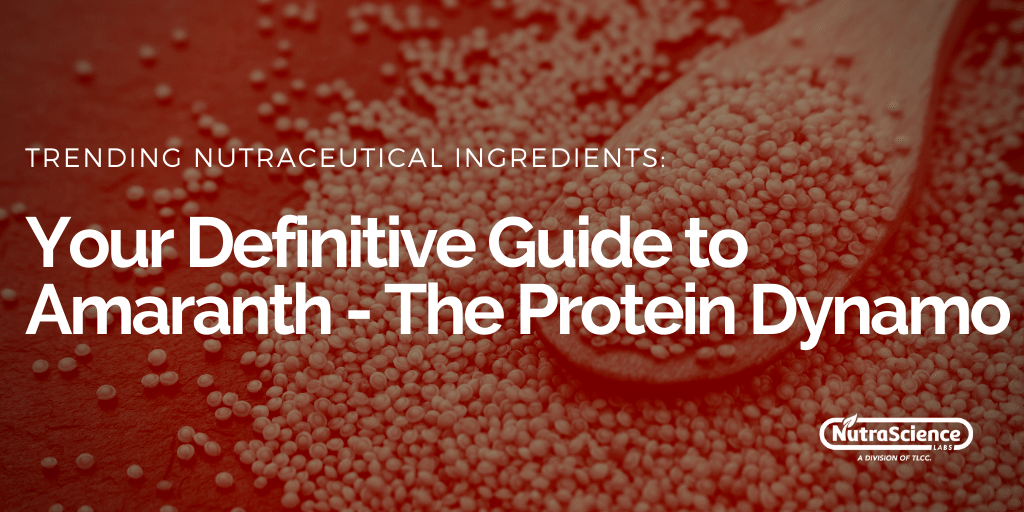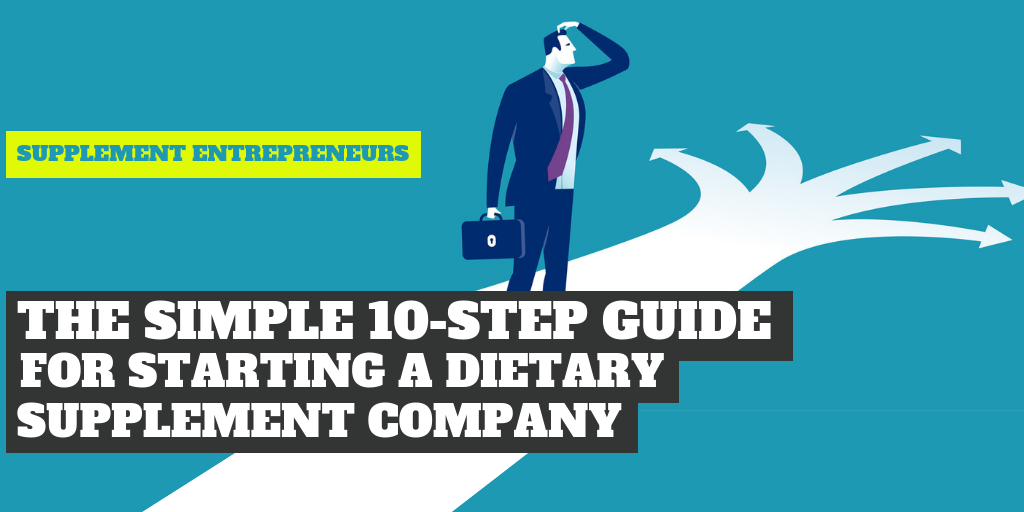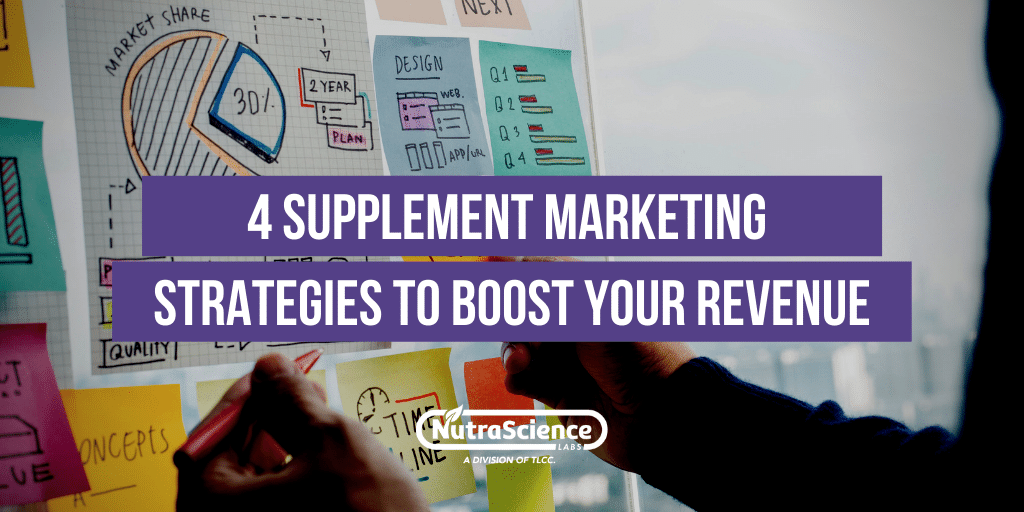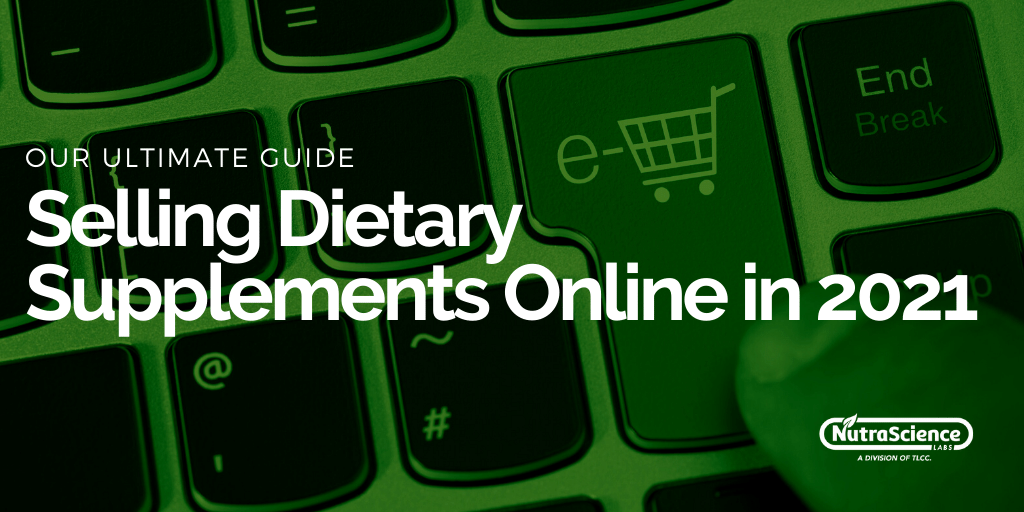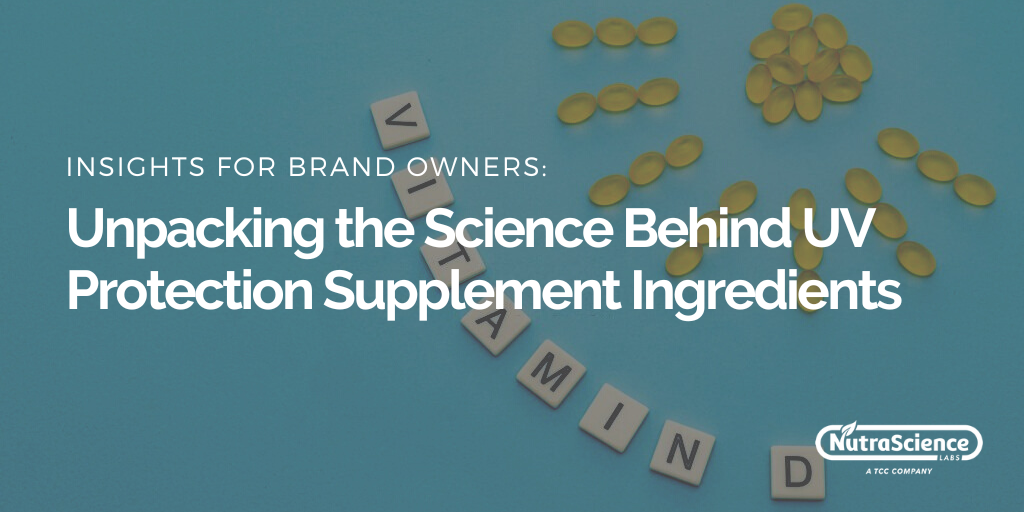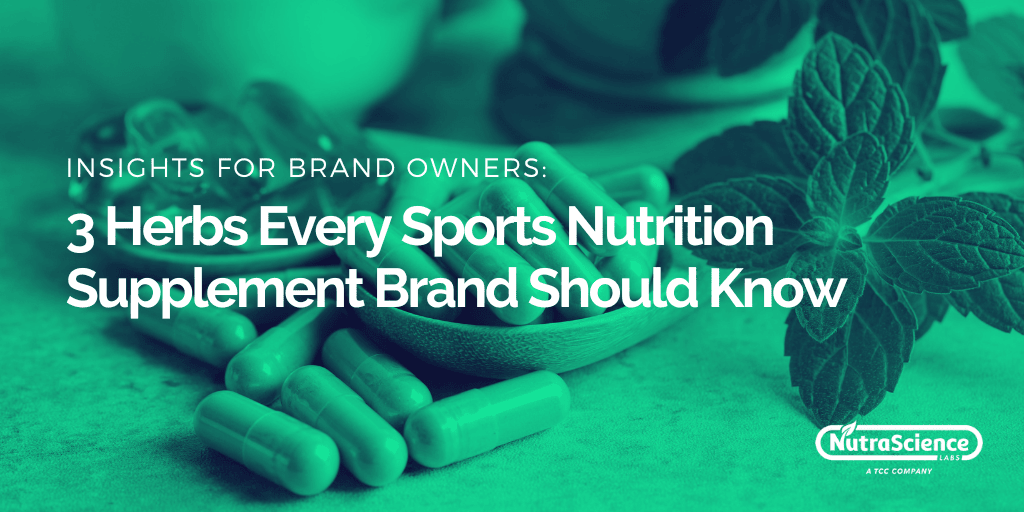Your Definitive Guide to Amaranth - The Protein Dynamo
What is Amaranth?
Not just one kind, but over 60 to 70 different species of annual weeds or pigweeds make up a genus called Amaranthus, and this group of grains is more commonly referred to as Amaranth.[i] [ii]
It is believed that Amaranth and its subspecies have been cultivated and domesticated for thousands of years, serving as the staple food for the Maya, Aztec, and Inca civilizations. It happens to be the native crop in Peru even today. Grown vastly in regions like North and South America, India, China, Russia, and Africa, there are several reasons why this gluten-free grain continues to be an important pseudocereal.
Yes, you read it right. Amaranth is counted among the six pseudocereals called “whole grains” even though they are not a part of the Poaceae cereal family. Simply put, it is not a regular cereal grain like oats or wheat, but its nutrient-rich composition makes it similar to them in more ways than one.[iii]
Amaranth - The Protein Powerhouse
Amaranth is considered a good source of protein. This ancient grain is extremely versatile, and its nutritional content makes it an excellent source of protein and fiber, and other important micronutrients.
Wondering About Amaranth's Nutritional Value?
Let's take a quick look at these key Amaranth nutrition facts. Amaranth is known to be:
- An excellent source of protein
- Naturally gluten-free
- Rich in antioxidants
- A great source of iron, manganese, magnesium, and phosphorus
- Rich in selenium and copper
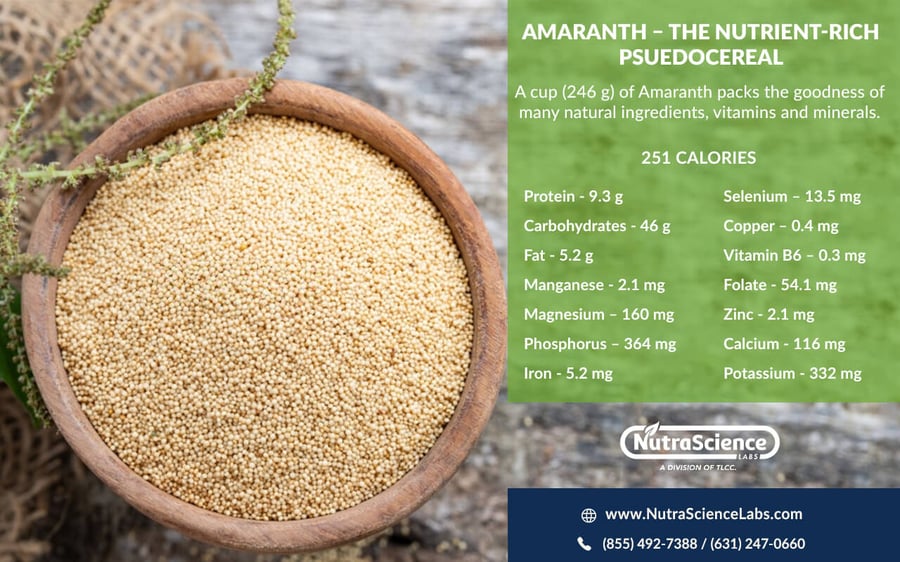
Amaranth - Vitamin and Minerals Snapshot
One cup or 246 grams of Amaranth contains the following natural ingredients, vitamins and minerals.
- 251 calories
- 9.3 grams of protein
- 46 grams of carbohydrates
- 5.2 grams of fat
- 2.1 milligrams of manganese
- 160 milligrams of magnesium
- 364 milligrams of phosphorus
- 5.2 milligrams of iron
- 13.5 micrograms of selenium
- 0.4 milligram of copper
- 0.3 milligram of vitamin B6
- 54.1 micrograms of folate
- 2.1 milligrams of zinc
- 116 milligrams of calcium
- 332 milligrams of potassium
What Are the Health Benefits of Amaranth?
Packed with evident goodness, Amaranth is known to have a wide variety of nutrients, making it one of the healthiest pseudocereals. It is no surprise then that Amaranth is among the most sought-after ingredients in the protein powder or protein supplements market.
Here are just some of the top nutritional benefits of Amaranth[iv]:
- Enhancing bone strength and improving bone health
- Enabling DNA synthesis and muscle contraction
- Decreasing exercise-induced muscle damage
- Producing healthy blood and blood cells
- Maintaining healthy cholesterol levels
- Aiding digestion and regulating bowel movements
- Promoting heart health
- Reducing exercise-induced inflammation
- Preventing weight gain or aiding weight management
Packed with a handy range of essential nutrients and micronutrients like calcium, manganese, magnesium, iron, phosphorus, fiber, and carbs, Amaranth truly packs a solid punch.
Is Amaranth a Complete Protein?
I have already discussed how Amaranth is a protein powerhouse. Is it a “complete protein,” though? Well, it is first important to understand what this term means. A complete or whole protein consists of healthy proportions of all the nine essential amino acids that are considered necessary in the human diet.[v]
Quinoa, chia seeds, and animal-based foods like eggs, meat, and fish are some examples of complete proteins that contain these amino acids[vi]:
- Tryptophan
- Histidine
- Threonine
- Leucine
- Isoleucine
- Lysine
- Valine
- Methionine + Cystine
- Phenylalanine + Tyrosine
Amaranth is a high-quality and immensely rich protein source that is healthy and beneficial for the human body.
Is Amaranth Gluten-Free?
Yes, Amaranth does not contain gluten, meaning people who are gluten intolerant can consume it. The absence of gluten makes it a first-rate choice for the production of gluten-free supplement products.
Amaranth Protein – Market Trends to Keep an Eye On
Packed with the most amazing nutrients, the demand for Amaranth is unsurprisingly blossoming (pun intended) in the health supplements, food and beverages, and pharmaceuticals market. The global Amaranth market is estimated to reach USD 14.2 billion by the year 2026, growing at a steady CAGR of 12.5%[vii].
Amaranth’s variety of health benefits, together with the increasing awareness around the need to adopt a healthier lifestyle, are fueling this industry growth. Given the growing demand for nutraceuticals and health supplements that are high in protein and other micronutrients, vitamins, and minerals, supplement brand owners are looking at ingredients like Amaranth to diversify their product line.
Manufacture Your Amaranth Protein Supplements with Us!
Trusted by thousands of brand owners, NutraScience Labs is an experienced contract manufacturer of high-quality dietary supplements. We pride ourselves on being turnkey service providers with deep domain expertise and industry knowledge.
Whether you are a new entrepreneur or an existing supplement brand owner, we can bring our 120+ years of nutraceutical industry experience in the dietary supplement sector to the table and help you create a truly outstanding protein supplement fortified with the goodness of Amaranth. Call 855-492-7388 to speak with one of our knowledgeable production specialists or send us your request to receive a free price quote!
References:
[i] https://draxe.com/nutrition/amaranth/
[ii] https://wholegrainscouncil.org/whole-grains-101/grain-month-calendar/amaranth-may-grain-month
[iii] https://www.healthline.com/nutrition/amaranth-health-benefits#TOC_TITLE_HDR_5
[iv] https://www.webmd.com/diet/health-benefits-amaranth#1
[v] https://www.health.com/nutrition/what-is-a-complete-protein
[vi] https://en.wikipedia.org/wiki/Complete_protein
[vii] https://www.acumenresearchandconsulting.com/amaranth-market

